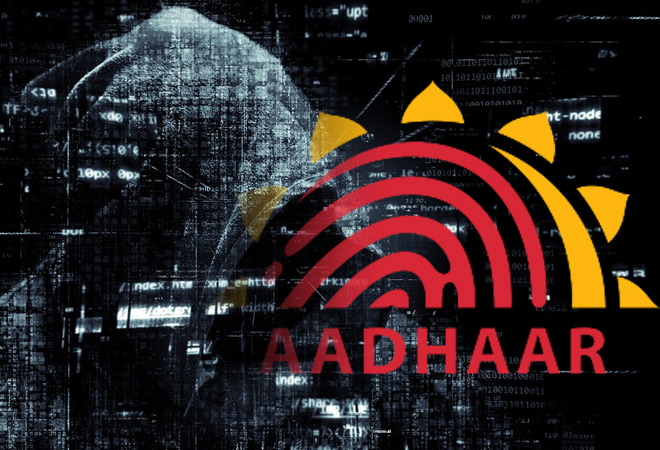Having an Aadhaar card is very important for Indian residents as the Aadhaar is considered the most important identity card by the government of India. There are a few things that we need to understand and one is what data Aadhaar collects and what it doesn’t! Aadhaar enrolls an applicant and issues an Aadhaar number to them. Also, it provides online authentication where the Aadhaar holder is verified during any transaction.
The government appointed a committee to find out which demographic fields should be collected to issue an Aadhaar to Indians in December 2009. After contemplation, it was decided that UIDAI will collect the minimal amount of information so that the privacy of the people still maintained and it will include ‘Name’, ‘Address’, ‘Gender’ and ‘Date-of-birth’. While, ‘Email’ and ‘mobile number’ were left optional.
Apart from collecting demographic data of the applicant, biometric committee was formed which decided that ten fingerprints, two irises, and a photo of the face too were needed to ensure that a resident does not get multiple Aadhaar IDs. UIDAI issues an Aadhaar number based on the above demographic and biometric data and ensures that the resident is unique and does not have an Aadhaar number already. After enrolling to Aadhaar system, one can present it as an identity proof in various sectors and enjoy the benefit of governmental schemes.
Aadhaar Authentication
The authentication process demands the user to enter the Aadhaar number and one or more of the biometric data (fingerprint/ iris) or demographic data (name/ address/ gender/ date of birth) fields and it will return with a Yes or No response. The authentication does not collect the specific purpose of your authentication, so the system can’t find where you were and what you were doing.
If you are unaware of audit trail feature of Aadhaar and make sure that your Aadhaar transactions are all bonafide then know here: If the Aadhaar transactions history contained details such as what, where and by whom the transaction is made, the person who made transaction would be empowered against potential frauds by more accountability in the Aadhaar system. Earlier, the Authentication API spec used to collect the location information for this reason. On the opposite side, it can also be said that collecting the info such as where and what and who would compromise the Aadhaar holder’s privacy.
Saying all these simply means a line has to be drawn close between privacy and accountability as both are dependent on each other. Both privacy and accountability should be a balanced approach. The government issued certain guidelines for the private firms who were using the aadhaar details of the customers to verify and asked them to forcefully link the aadhaar however the the court came up with the decision that no one can force a person for their aadhaar details. There were reports that these private companies were leaking out the details of the persons from their aadhaar card details which the customers gave to them and thus government made this rule compulsory .
The telecom provider can track the location of an average smartphone user through telecom base stations. There are many Apps from Google, Facebook, Apple which allows to track smartphone user location using GPS sensors. As per a survey, more than 75% of smartphone users enable location services and hence can be tracked. While, the Aadhaar authentication system works contrary. It is designed to protect people’s privacy by not collecting information which harms the privacy of the user.
The scope of digital world is increasing and our country too is coming to terms with privacy. The discussion regarding the privacy of Aadhaar indicates that people are becoming aware of the issues about their privacy. The introduction of Aadhaar brought a tremendous benefits to our country. It made it pension payments convenient, government schemes reach to more people etc. Now, a robust privacy bill and Aadhaar compliance to it would make it leak proof.
